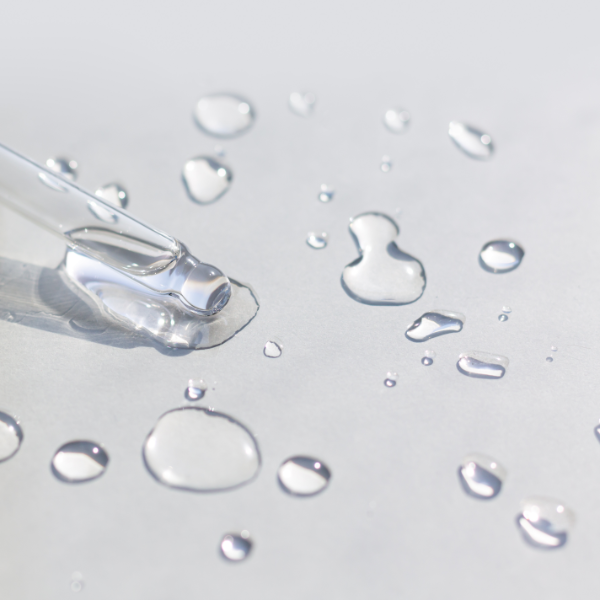The Link Between Mental Health and Skin Health
by Deborah Duffey, Chief Product Development Officer and President August 9, 2024

The relationship between mental health and skin health is a fascinating and multifaceted one. Our skin, the largest organ of the body, is a mirror reflecting not only our physical health but also our mental and emotional states. The connection between the mind and the skin is profound, with stress and other mental health issues often manifesting as skin problems. Understanding this link is crucial for holistic skincare and overall well-being.
The Connection Between the Mind and the Skin
The skin and the brain share a common embryonic origin, meaning they develop from the same cells in the embryo. This biological connection is maintained throughout life, with the skin and the nervous system remaining intricately linked. This relationship is part of what’s known as the "brain-skin axis," a complex network of interactions between the skin, the brain, and the immune system.
When we experience stress or other emotional upheavals, the brain communicates this to the skin through various pathways. Stress hormones such as cortisol and adrenaline are released, triggering a cascade of reactions in the body. These hormones can increase inflammation, suppress the immune response, and alter the skin's natural barrier function. As a result, skin conditions such as acne, eczema, psoriasis, and rosacea can be exacerbated or even triggered by stress.
Can Mental Stress Cause Skin Problems?
Yes, mental stress can indeed cause and worsen skin problems. Here are a few ways stress impacts the skin:
1. Inflammation: Chronic stress leads to the continuous release of cortisol, which increases inflammation in the body. Inflammation can aggravate conditions like acne, eczema, and psoriasis.
2. Skin Barrier Function: Stress can impair the skin's barrier function, making it more susceptible to irritants, allergens, and infections. This can lead to dryness, sensitivity, and exacerbation of existing skin conditions.
3. Sebum Production: Cortisol stimulates the production of sebum, the skin's natural oil. Excessive sebum can clog pores and lead to acne breakouts.
4. Delayed Healing: Stress can slow down the skin's healing process. This means that blemishes, cuts, and other skin injuries take longer to heal, potentially leading to more scarring.
5. Behavioral Changes: Stress often leads to unhealthy behaviors such as poor diet, lack of sleep, and neglect of skincare routines. These behaviors can further exacerbate skin issues.
How Managing Stress Can Help
Addressing mental stress can have a significant positive impact on skin health. Here are some strategies to manage stress and promote better skin:
1. Mindfulness and Meditation: Practicing mindfulness and meditation can help reduce stress levels. These practices encourage relaxation and focus, which can lower cortisol levels and reduce inflammation.
2. Regular Exercise: Physical activity is a great way to manage stress. Exercise releases endorphins, the body's natural stress-relievers, and improves blood circulation, which benefits the skin.
3. Healthy Diet: Eating a balanced diet rich in antioxidants, vitamins, and minerals supports both mental and skin health. Foods high in omega-3 fatty acids, such as salmon and walnuts, can reduce inflammation and promote a healthy skin barrier.
4. Adequate Sleep: Prioritizing sleep is crucial for stress management and skin health. During sleep, the body repairs itself, and insufficient sleep can increase stress levels and worsen skin conditions.
5. Skincare Routine: Maintaining a consistent skincare routine tailored to your skin type can help manage stress-related skin issues. Gentle cleansing, moisturizing, and using products with anti-inflammatory and soothing ingredients can protect and nourish the skin.
The Bottom Line
The link between mental health and skin health is undeniable. A calm mind reflects on the skin, resulting in a healthy and glowing complexion. Stress and other mental health issues can significantly impact the skin, leading to various skin problems. Incorporating stress-reducing practices and maintaining a good skincare routine are essential components of a holistic approach to health.




